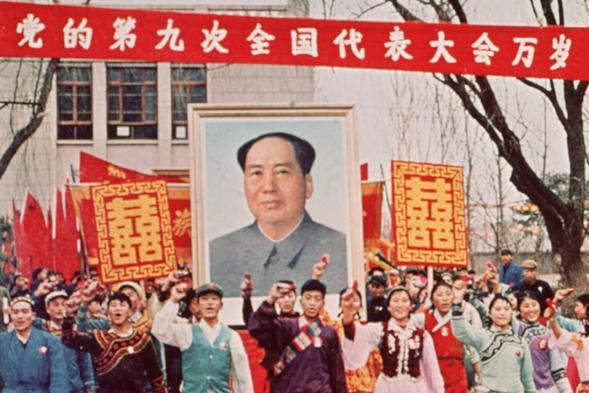2013 Chinese Coup d'etat (Second Rise of Socialism)
| 2013 Chinese Coup d'état | |||||||
|---|---|---|---|---|---|---|---|
| Part of The Second Rise of Socialism (2013-2027) | |||||||
 March on Beijing | |||||||
| |||||||
| Combatants | |||||||
|
Maoists: |
Government: | ||||||
| Commanders and leaders | |||||||
|
|
| ||||||
The 2013 Chinese Coup d'état, also known as the September Coup, was a pivotal event in Chinese and global history, marking the resurgence of socialism in the early 21st century. The coup resulted in the overthrow of Xi Jinping's Revisionist government. By the early 2010s, China was experiencing significant internal divisions within the CCP. Xi Jinping, who ascended to power as General Secretary in 2012, had continued on Deng Xiaoping's path of economic reforms aimed at further integrating China into the global market economy. These reforms were seen by many traditionalists and Maoists within the party as a betrayal of socialist principles. Bo Xilai, a prominent political figure and former Party Secretary of Chongqing, had gained substantial popularity through his "Chongqing Model," which emphasized state-led development, social welfare, and a return to Maoist rhetoric. His policies included the revival of Maoist cultural elements and a crackdown on organized crime and corruption, which garnered him widespread support among leftist factions within the party and the general populace. (WIP)